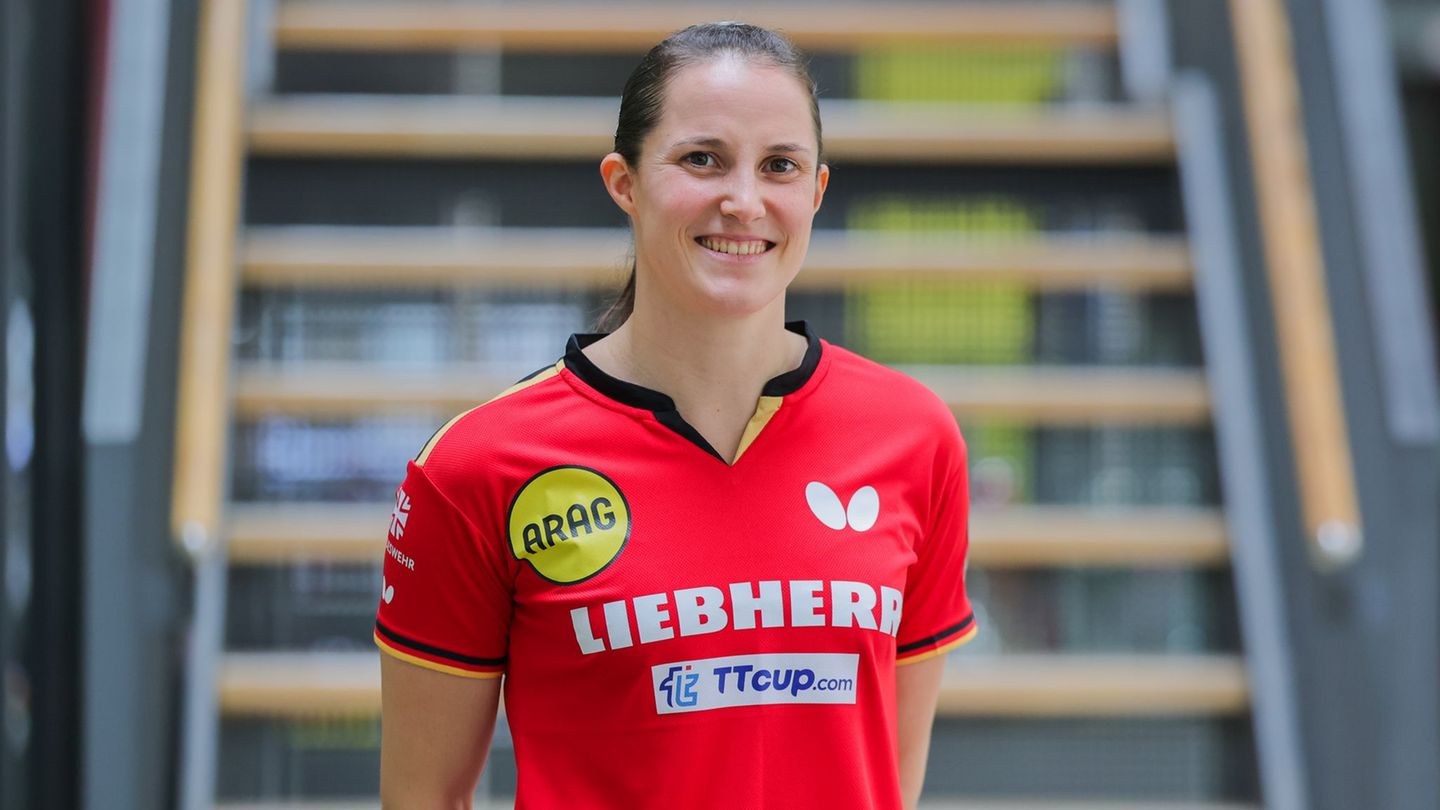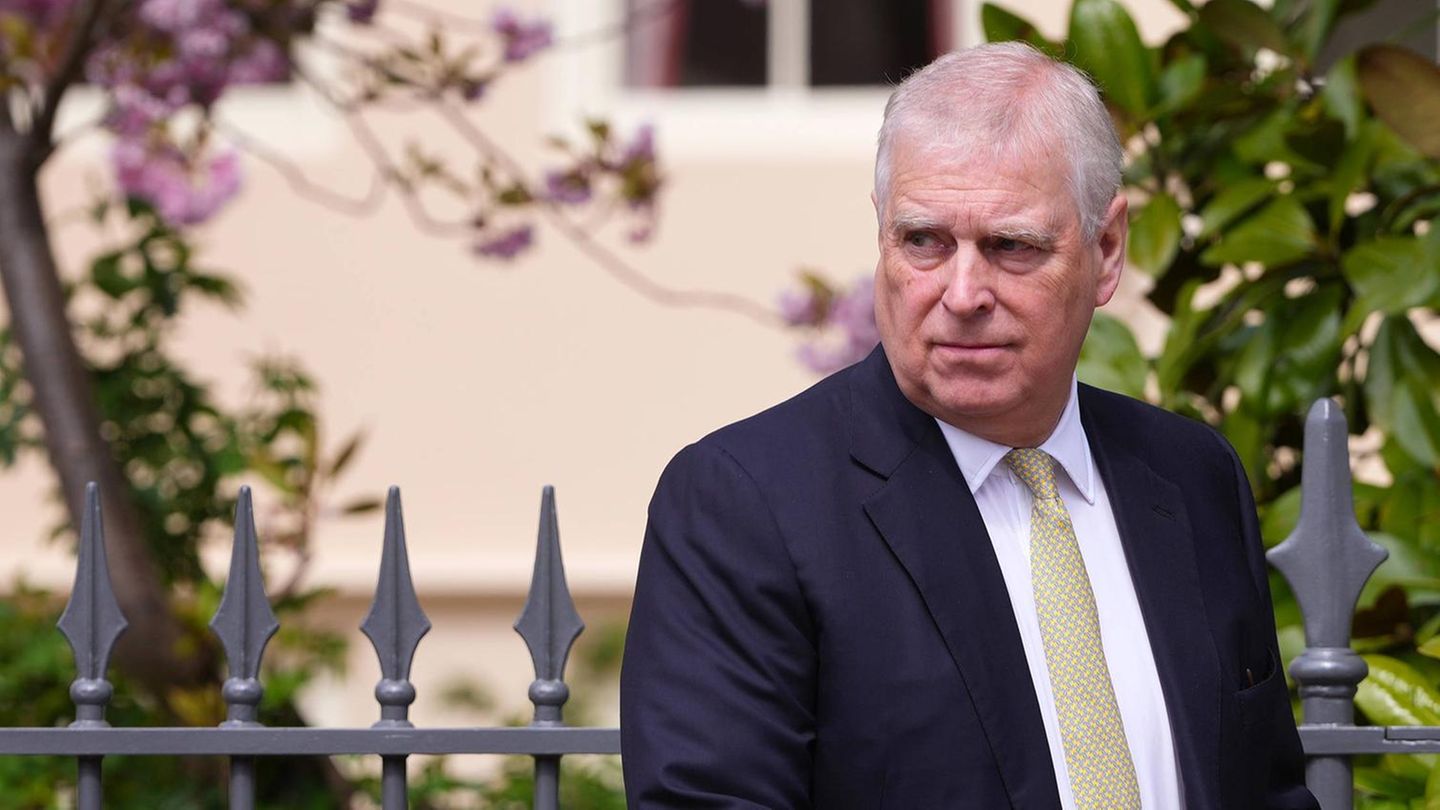Image: VOLKER WEIHBOLD

The partially state-owned electricity and gas company Verbund made great money in the past 2023 financial year: sales rose by one percent to 10.5 billion euros, and earnings before interest, taxes, depreciation and amortization (Ebitda) rose by 42 percent to 4.5 billion euros.
The consolidated result increased by 32 percent to 2.3 billion euros – the highest value in the company’s history. On the one hand, CEO Michael Strugl justified the development with an increased production volume: Hydropower generation, for example, increased by 3,755 gigawatt hours (GWh) to 30,509 GWh in 2023. Photovoltaic and wind turbines also generated more electricity. On the other hand, the association benefited from increased futures market prices on the wholesale market. Strugl denied that the company was making a fortune from household customers: the end customer business had resulted in triple-digit losses. Net debt fell from 3.9 to 1.8 billion euros. The excess profits tax amounted to 90 million euros.

Strugl and CFO Peter Kollmann, who presented the results on Thursday in Vienna, spoke of “good results”, but presented a muted forecast for the current financial year: the environment is volatile and characterized by uncertainties (geopolitical and national developments). Kollmann also pointed out that the wholesale price had fallen significantly. This is also reflected in the company’s share price. The Ebitda will be between 2.6 and 3.3 billion, the consolidated result between 1.3 and 1.75 billion euros.
Energy – only with grid transition
Strugl and Kollmann also spent a lot of time explaining “what will be done with the money earned”: 5.5 billion euros will be invested in power plants, networks and storage over the next three years. “Every euro is reinvested. The biggest chunk is the networks. Without a network transition, there will be no energy transition,” said Strugl.
In addition, end customers should be relieved: as reported, gas and electricity prices should be reduced. The hardship fund for customers with problems is also to be increased by ten million euros and extended by two years. A dividend of 4.15 euros per share certificate (this includes a special dividend of 0.75 euros) is to be distributed to the shareholders (2022: 3.6 euros). The association is 51 percent owned by the Republic of Austria, for which there is a dividend of 650 million euros.
Another topic at the balance sheet presentation was the WAG Loop, a planned 40-kilometer-long gas pipeline through the Mühlviertel, which is intended to ensure security of supply: the association holds 51 percent of Gas Connect Austria, which is to build the pipeline. Kollmann denied the accusation of acting too slowly: The planning work would take time and all the property owners would have to be talked to. As reported, the financing was also controversial for a long time, but now the federal government wants to make 70 million euros available. However, Kollmann demanded that the tariff system for the transit of gas must be reorganized in order to ensure economical operation.
- Money for the gas pipeline in the Mühlviertel is fixed
more from economics




